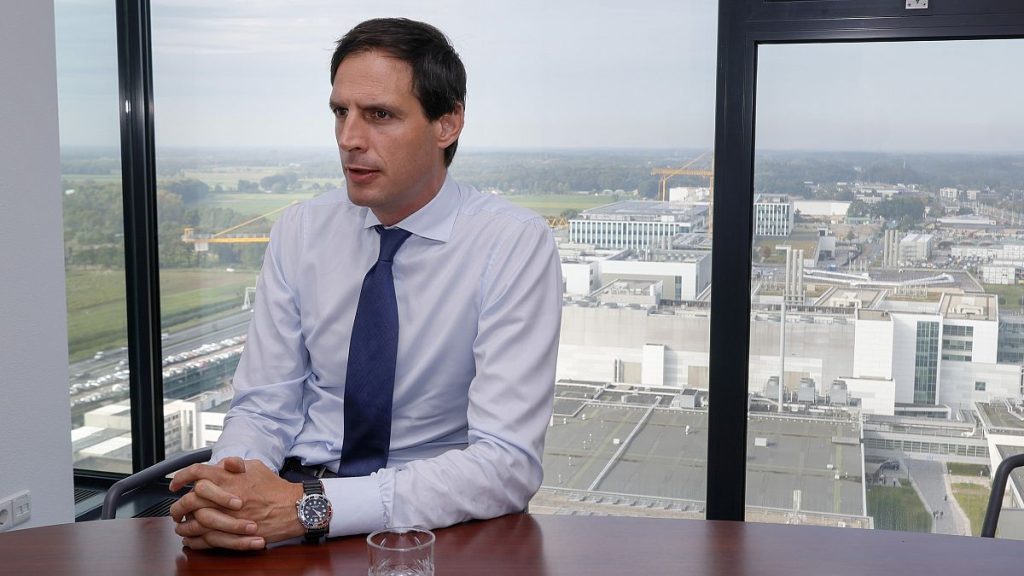Wopke Hoekstra, the EU’s chief climate official, is pushing for tax changes to encourage Europeans to make cleaner and greener choices in areas such as transport and heating. He believes that taxation can be a key pricing instrument for driving climate goals and nudging individuals and businesses towards more sustainable choices. However, Hoekstra faces the challenge of needing the agreement of all 27 EU member states on any legislation related to taxation, which has historically been a sticking point.
As part of his efforts, Hoekstra has confirmed that the European Commission will propose a 90% reduction in greenhouse gas emissions by 2040 compared to 1990 levels. This ambitious goal, along with the existing target of a 55% reduction by 2030, will require significant changes in policies related to taxation. Hoekstra aims to find a consensus within the EU Council to help achieve these targets while maintaining a high level of ambition in energy taxation reform.
One of the key areas of contention in the EU Council discussions is the reform of the Energy Taxation Directive, particularly regarding setting minimum tax rates for kerosene and bunker oil for aircraft and ships. While there have been attempts to reach a compromise, issues such as tax exemptions in the aviation and maritime sectors remain unresolved. Hoekstra has emphasized the importance of taking action in these sectors and has criticized the widespread use of zero VAT rates in international air and maritime transport, regardless of their environmental impact.
Transportation taxation has been a point of contention for decades, according to Jo Dardenne of the NGO Transport & Environment. Dardenne notes that the current system is misaligned with EU climate policy, with subsidies for polluting company cars and under taxation of kerosene contributing to high-polluting activities going unchecked. Dardenne suggests that a kerosene tax could help correct this imbalance and provide funding for cleaner transport alternatives or the decarbonization of the aviation sector.
Despite the challenges and complexities of reforming taxation policies at the EU level, Hoekstra remains committed to using tax changes as a catalyst for achieving climate goals. He recognizes the importance of aligning taxation policies with climate objectives and is determined to push for reforms that encourage sustainability and positive environmental outcomes. However, the need for consensus among all 27 member states on taxation legislation remains a significant hurdle that Hoekstra must navigate in his role as the EU’s climate commissioner.


